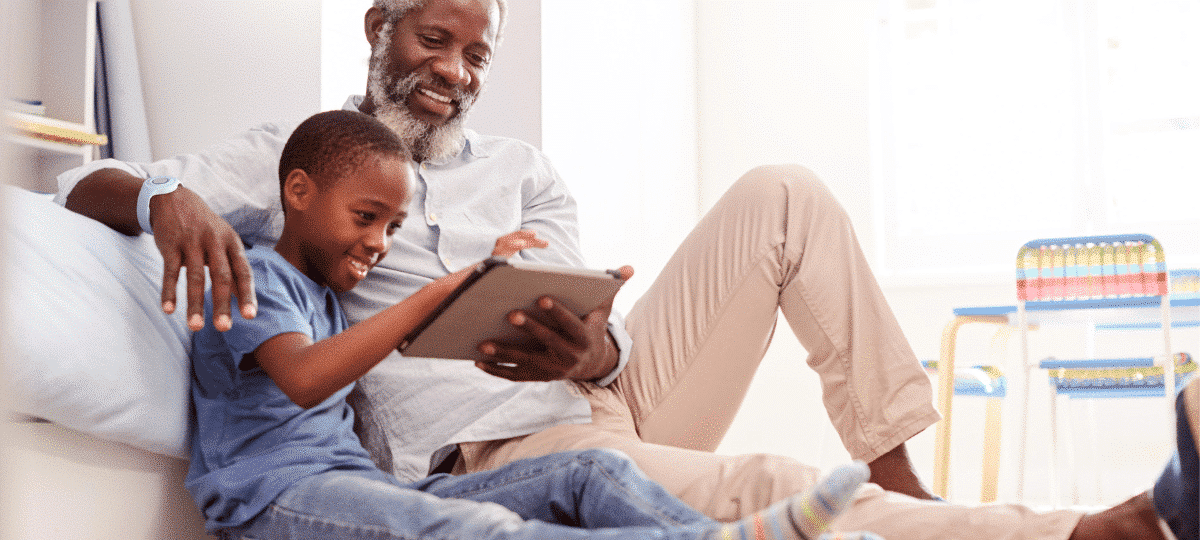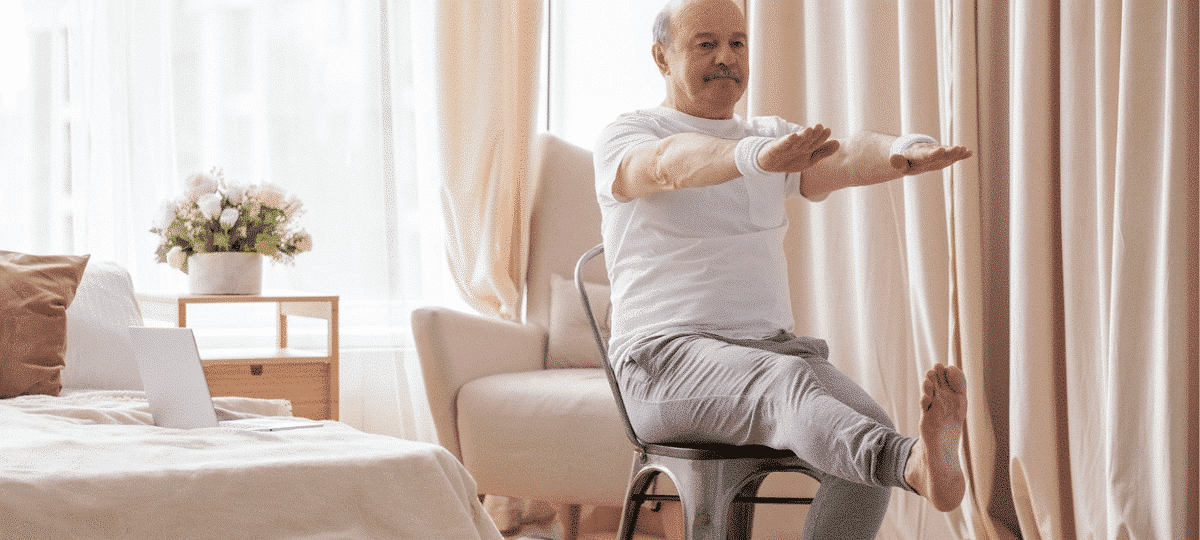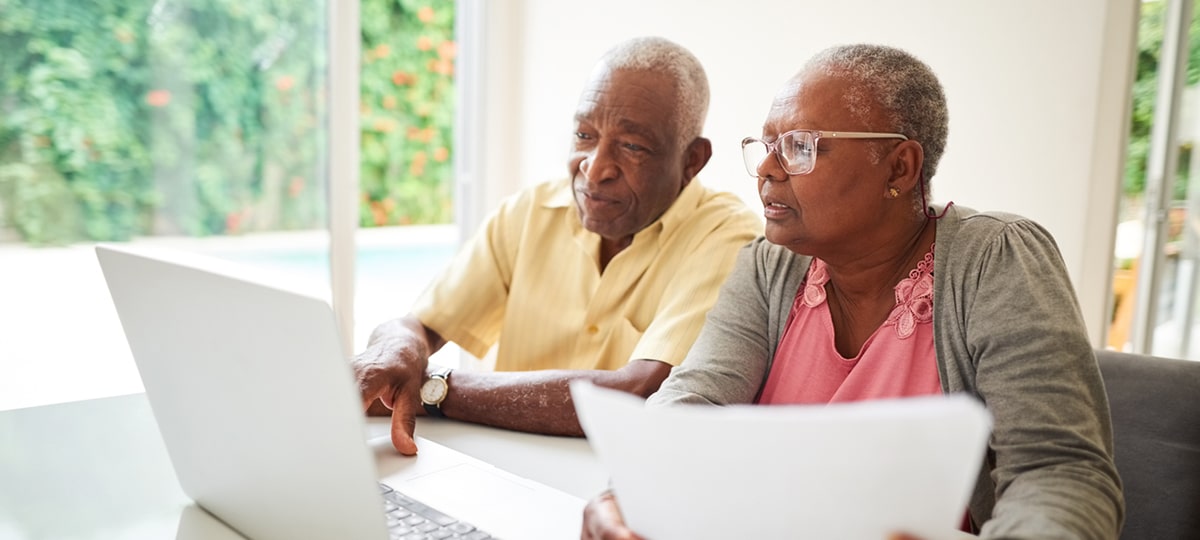In the midst of the COVID-19 pandemic, news and information are changing by the day, and much of the time, by the hour. It’s challenging to stay on top of what to do—and what not to do—to keep ourselves safe and healthy during this time.
But what we do know for sure is that staying at home, limiting contact with others, washing your hands often, and avoiding touching your face are among the most effective ways to help stop the spread of the coronavirus, and to protect yourself from contracting it as well.
While social distancing can feel scary for older adults living at home alone, it doesn’t have to. There are lots of easy ways you can equip yourself so that you feel prepared for any situation that might arise while you’re homebound.
Tip 1: Keep Contact Information Up-To-Date
Collect the current phone numbers for anyone you would want to contact in an urgent situation, and while you’re at it, make sure they have your number, too. Hang this list in a handy location, like on your refrigerator door or next to the phone.
If an emergency occurs, every moment counts, and knowing where to find emergency contact information can save you valuable time in the event you need it.
Tip 2: Stock Up on Essentials
Check that your medications are current and stocked up. Need a refill? Ask a family member, friend, or another support person to pick them up from the pharmacy so you can stay in. Or, look into a mail-order option for your prescriptions.
Prepare your pantry by having an extra supply of food on hand. Stock up on items that store well, such as canned soups, pasta, cereal, dried fruit, frozen vegetables, protein bars, and trail mix. This will limit the number of grocery trips you’ll need to make, which in turn lowers your potential exposure to the virus. If possible, look into having groceries delivered to your home so you don’t have to go out.
Tip 3: Make a List of Local Resources
You may have valuable resources available in your area, such as to-go meals from senior centers, phone or video appointments with your physician, or grocery delivery services to ensure that you can keep your fridge and pantry stocked.
Knowing what services are available to you and having this information ready to go ahead of time, can make getting the support you need that much easier. It can also help alleviate stress and ensure that you’re not alone in a time of need.
Tip 4: Install a Medical Alert System
A medical alert system is one of the best ways that seniors can prepare for an emergency. With 24/7 monitoring, you’re able to connect with an emergency response operator day or night with just the push of a button. It’s a small preventative measure that yields a big return: helping you maintain your independence and peace of mind.
How Medical Alert Systems Help You Prepare
- Getting help in case of a fall. Trip-and-fall accidents can cause severe injuries. What if you were to fall and couldn’t reach the phone? With a medical alert system, you can get the help you need quickly.
- Contacting loved ones. If your situation doesn’t require emergency dispatch, but you want to get in touch with a family member for help, the operator can make calls on your behalf to get you the assistance you need.
- Maintaining your independence. GPS-enabled systems provide help both in and out of the home. During self-isolation for the coronavirus, your outdoor activities might be limited, but if you’re able to enjoy time in the garden or a walk around the neighborhood, you can do so with assurance. The GPS technology can pinpoint your location and send help your way in minutes, no matter where you are.
- Protecting you from more than just falls. A medical alert system can provide a swift response to any emergency situation. You can use your emergency button to summon help for any type of emergency, not just an illness or injury.



